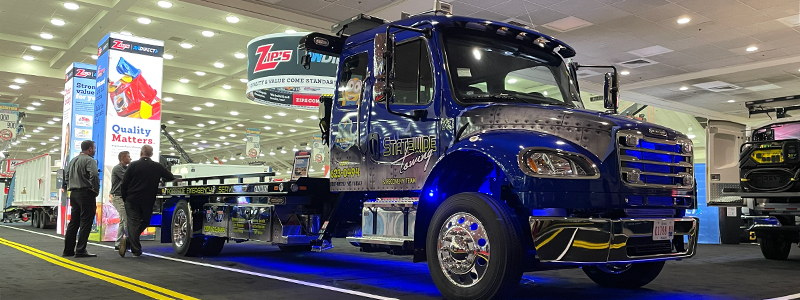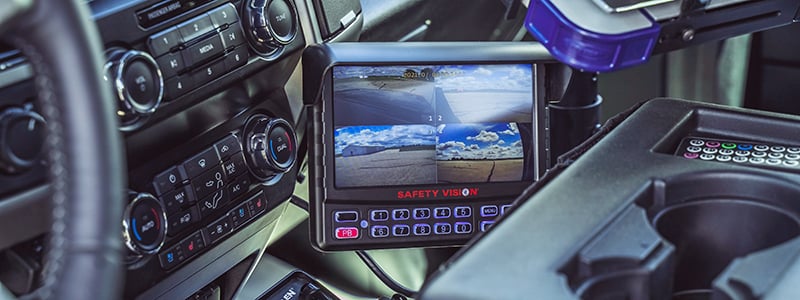The Right Hitch for You: Class & Style Explained
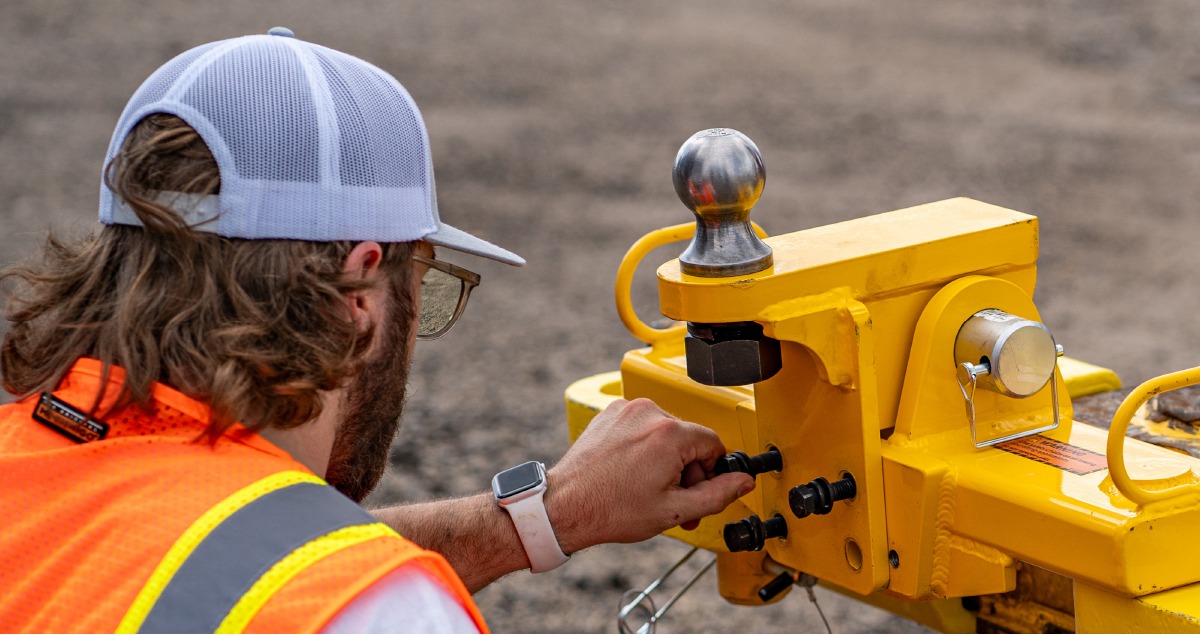
Before any of that, if you're new to hitches, you may need a little vocabulary lesson before diving into the details. For example, tongue weight capacity is the amount of weight the hitch can take directly on top of it, while towing capacity is the amount that the hitch can tow.
Types of Hitches
There are a variety of hitches, but to start, let's go over the basic types of hitches and what their weight capacities are.
Ball Hitches
Class 1
These hitches are typically used for bikes or small cargo carriers. They can tow up to 2,000 pounds and support a tongue weight of 100 to 150 pounds, depending on the vehicle. These hitches work with a variety of vehicles, like compact or mid-size cars.
Shop all Class 1 Hitches
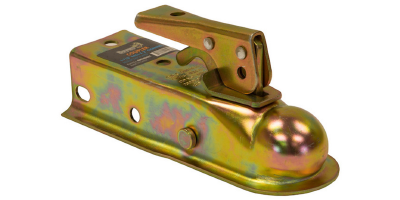
Class 2
These hitches are a step up. They have a towing capacity of up to 3,500 pounds, and depending on the vehicle, a tongue weight capacity between 200 and 350 pounds. However, they need bigger cars to handle them. They are installed onto the undercarriage of mid-size cars, SUVs, minivans and compact trucks. They're perfect for ATVs, small boats and motorcycles.
Shop all Class 2 Hitches
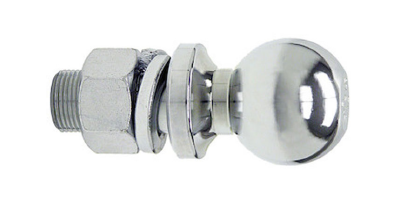
Class 3
These hitches are the first that are considered heavy-duty hitches. They can tow up to 10,000 pounds and support a tongue weight of 350 to 500 pounds, depending on the vehicle. These are designed to be used on larger vehicles like pick-up trucks, SUVs and vans. These are great for towing campers and cargo-carrying flatbeds.
Shop all Class 3 Hitches
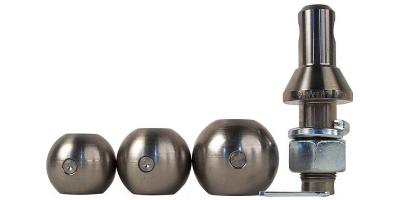
Class 4
These hitches are meant for your bigger jobs. The vehicle can tow heavy loads, up to 14,000 pounds. It can also handle a tongue weight of 500 pounds or more. The specific tongue weight capacity depends on the vehicle. These can only really be used by full-sized pickups or large SUVs. They typically require a 2 or 2.5-inch receiver to fully attach it.
Shop all Class 4 Hitches
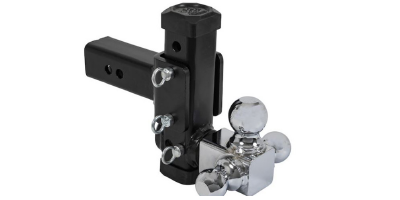
5th-Wheel
These hitches are for people who need the most heavy-duty hitches around. They designed these massive hitches for pickup trucks and flatbed trucks. They typically have a towing weight between 12,000 and 20,000 pounds and a tongue weight capacity between 1,200 and 1,700 pounds.
Gooseneck
The last ball hitch we'll talk about is the gooseneck hitch, which is a variation of 5th-wheel hitches. The main difference is that 5th-wheel hitches are too big to use the receiver hitch. However, gooseneck hitches are designed to let you use the full bed of your truck, plus some have a ball that is removable.
Buy this Gooseneck Hitch
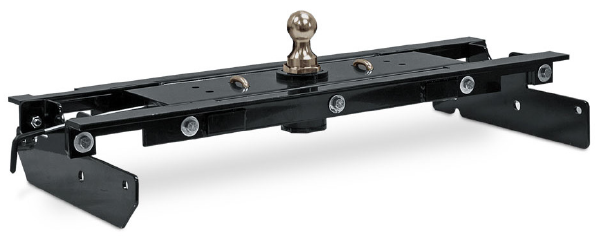
Pintle Hitches
These are a different type of hitch entirely. If what you're towing comes with a lunette ring, you can use a pintle hitch to latch onto it. This is much better for off-roading than ball hitches as it offers more versatility and mobility.
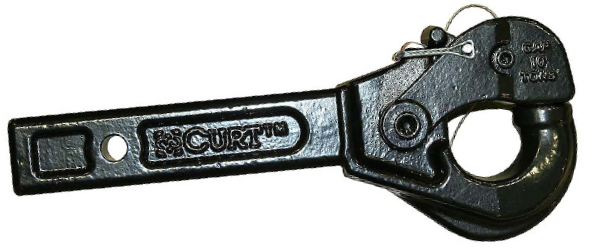
Other Hitches
Finally, there is often a hitch for those who can't decide between pintle and ball hitches. They do this by being both. There are more types, but with the basics listed, we can help you choose what's best for you.
Buy this Tri-Ball Hitch
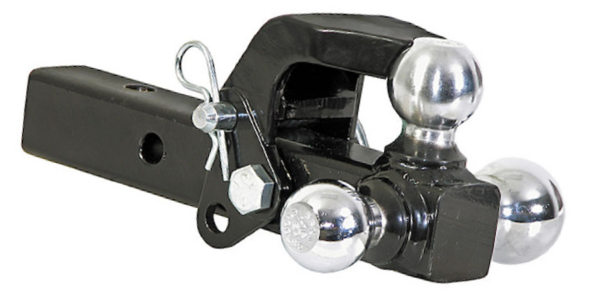
Steps in Buying
The most important thing you need to keep in mind is that your vehicle is what determines what kind of hitch you can get. What class of hitch you can get is highly dependent on what type of car you own, and the brand of hitch you can get depends on the make and model of your car. Ensure you look at what your owner's manual has to say before deciding what type of hitch to get.
Depending on what you're using a hitch for and how often you're using a hitch, you may need to look for something with a little extra added to it. For example, if you're going to be doing a lot of off-road towing in environments where corrosion is pretty prevalent, you may want to look into powder-coated hitches that will let the hitch last longer.
You will also need to look into special devices depending on what you're towing. For example, you may want to invest in a weight distribution hitch in case what you are towing is extremely heavy. This will protect your rear axle. You may also want to look into a sway bar to prevent what you're towing from swaying too much, either due to the wind or due to a steep turn.
With all this information, all you need to do is look into finding somebody to install it, and you're good to go. Knowing your specific situation is key to figuring out what kind of hitch you'll need. You can find whatever hitch you're looking for at Zip's AW Direct.


%20blog%20thumbnail.png)
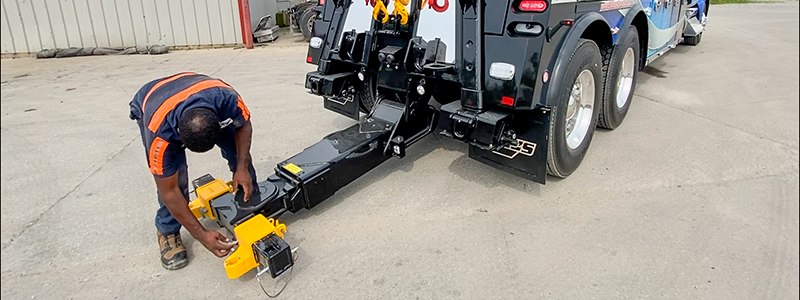

%20blog%20thumbnail.png)
